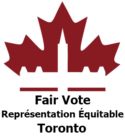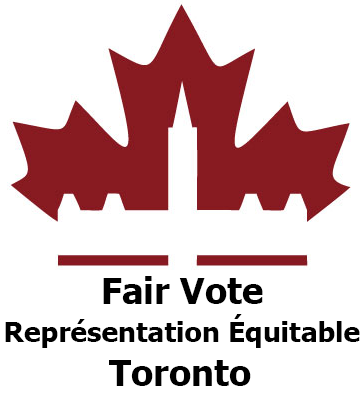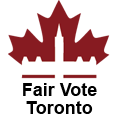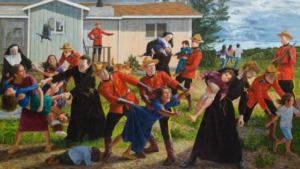
Canadians across the country continue to grapple with the shock of discovering over a thousand unmarked graves of Indigenous children who died in the residential school program. With potentially thousands more to be unearthed, the focus now turns to ensuring these events aren’t forgotten and that such atrocities never happen again.
With that in mind, the governing Ontario Progressive Conservative’s 2019 decision to make Indigenous studies optional in the province’s curriculum has now fallen under intense scrutiny as the policy has undoubtedly contributed to a lack of awareness about the history of residential schools among students choosing not to take these courses.
The government’s position appears to be changing though with Premier Ford recently stating he believes everyone should be taught about the deaths of these children. However, we’ve yet to see any firm commitment on what changes will be made to the curriculum or if Ford will even come through on his pledge.
The province didn’t have to be this directionless. The previous Liberal administration had already started the groundwork for updating the province’s curriculum using recommendations from the Truth and Reconciliation Commission, which recommended Indigenous courses be mandatory. However, once the PCs were elected, consultation on Indigenous education was abandoned under the guise of “budget cuts” before the decision was ultimately made to only make Indigenous studies voluntary.
This is despite 60% of the voters choosing a party in 2018 that would’ve made Indigenous studies mandatory in the curriculum. This is just one of many issues where our First Past the Post electoral system fails Ontarians by institutionalizing minority rule. Under Proportional Representation, a progressive majority coalition would have been given the power to govern instead and implement policies a majority of Ontarians support.
While we’ll have to wait and see whether Ford follows up his words with actions, it’s safe to say that education on this dark period in our country’s history would be far more accessible if the province used Proportional Representation.
Ontario Volunteer Meeting | July 15th, 7pm ET
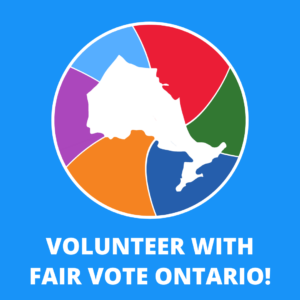
The campaign for electoral reform is ramping up in Ontario and we’re calling for all hands on deck!
Fair Vote Ontario is hosting its first province-wide volunteer meeting next Thursday, July 15th, 7-8:30pm EST. We’ll be hearing from active chapters across Ontario so come on out if you’re looking to get involved with our campaign!
If you missed our Ontario event on electoral reform on June 28, you can watch it here. Citizens’ Assembly expert Megan Mattes did a stellar job explaining why we need a new and empowered Citizens’ Assembly in Ontario.
Ontario Liberal Townhall: Making Every Vote & Every Voice Count
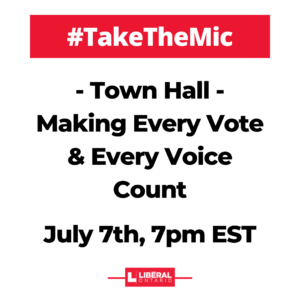
On Wednesday July 7th at 7pm, the Ontario Liberal Party will be hosting a town hall with Policy Platform Co-Chairs Kate Graham and MPP Michael Couteau on electoral reform. This is our chance to ensure a Proportional Representation will be an election issue!
As Fair Vote Canada is calling for a fully funded and widely promoted Citizens’ Assembly on Electoral reform in Ontario, we must let all parties know that such a process is a widely supported proposal in the upcoming election!
You do not need to support the Ontario Liberal Party to attend—these town halls are open to everyone. Strong attendance will show the Liberals that Ontario citizens care about electoral reform and want a path forward we can trust! Please use your comments at the town hall to add your support for a new and empowered Citizens’ Assembly on Electoral Reform for Ontario.
Register for the town hall by clicking here.
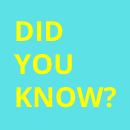
In 1926, Canada experienced a constitutional crisis that pitted the powers of the prime minister against the powers of the governor general. Known as the King-Byng Affair, the crisis resulted in Lord Byng of Vimy, the Governor General of Canada at the time, refusing a request by Prime Minister William Lyon Mackenzie King to dissolve parliament and call a general election.
It all began when the Conservatives won the most seats in the 1925 federal election but King’s Liberals had first rights to form government – as he had been prime minister before the election was called – and secured a minority government with the support of the Progressives in parliament.
Byng disagreed with the move, suggesting King ought to resign. He later acquiesced under the supposed condition that, before the next election were to be called, the Conservative Party would be given the chance to form a government because technically it had the most seats.
King’s government fell on June 25, 1926 when he lost the support of the Progressives. Instead of giving the Conservatives a chance to govern, however, King denied he had agreed to such a stipulation and asked the governor general to dissolve Parliament and call a fresh election.
Byng refused the request, resulting in King’s resignation and the Conservative Party, led by Arthur Meighen, forming government. Initially surviving several parliamentary votes, Meighen’s government lost a motion of no confidence on July 2, 1926, and the governor general agreed to dissolve parliament immediately.
The election was called for September 14, 1926, with King running largely on the constitutional issue; what he framed as the interference by a British governor general with the rights of Canadians to govern themselves. Out of 245 House seats, King’s Liberals took a majority of 128 seats to Meighen’s 91, while the Progressives and others had 26 seats. The Liberals would govern until the 1930 election.
The crisis came to redefine the role of governor general as primarily one of non-interference in Canadian political affairs on the part of the British government.
